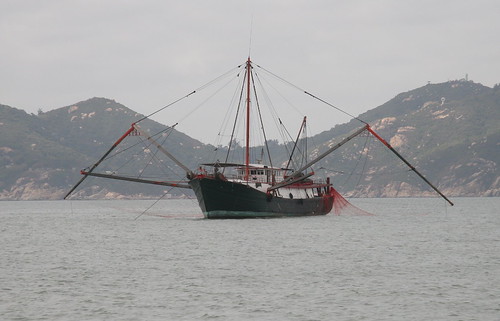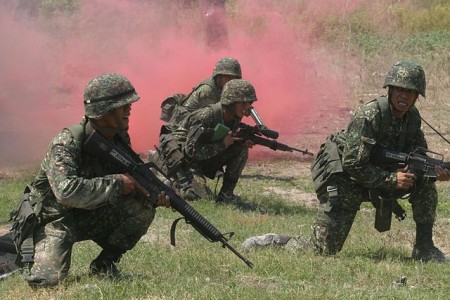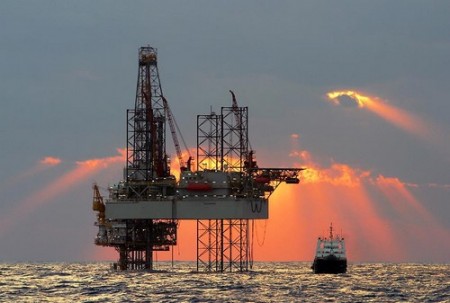
The hydrocarbon potential of the South China Sea (SCS) has become a source of tension between the littoral states of the region and, to a certain extent, a number of outside actors. However, the SCS’s significance to global oil and gas supplies is over-hyped. Instead, it is the region’s fisheries rather than fossil fuels that have the potential to ignite a regional conflict.
Fish not fuel
Put simply, speculation that the SCS constitutes a ‘second Persian Gulf’ lacks substance. According to the US Energy Information Administration (EIA), the region’s offshore energy resources – at just over 11 billion barrels of oil and 190 trillion cubic feet of natural gas – are comparable to European supplies. Contrary to popular belief, most of SCS’s oil and gas resources are actually located in non-disputed territory, closer to the shores of coastal states. Factors such as technological challenges, inadequate seismic studies, plus huge costs and political risks also place serious limits on deep-water drilling farther into the SCS.



